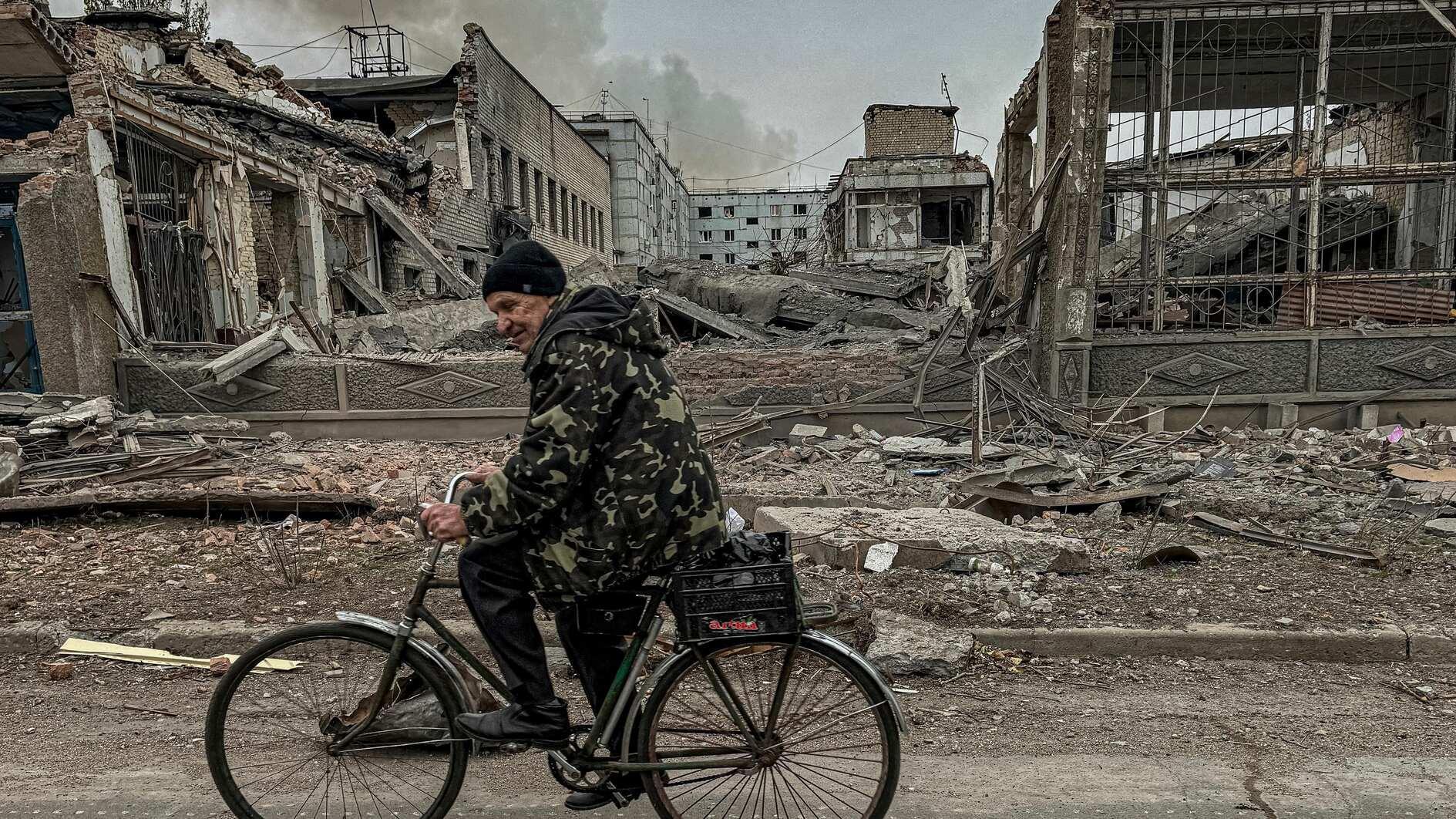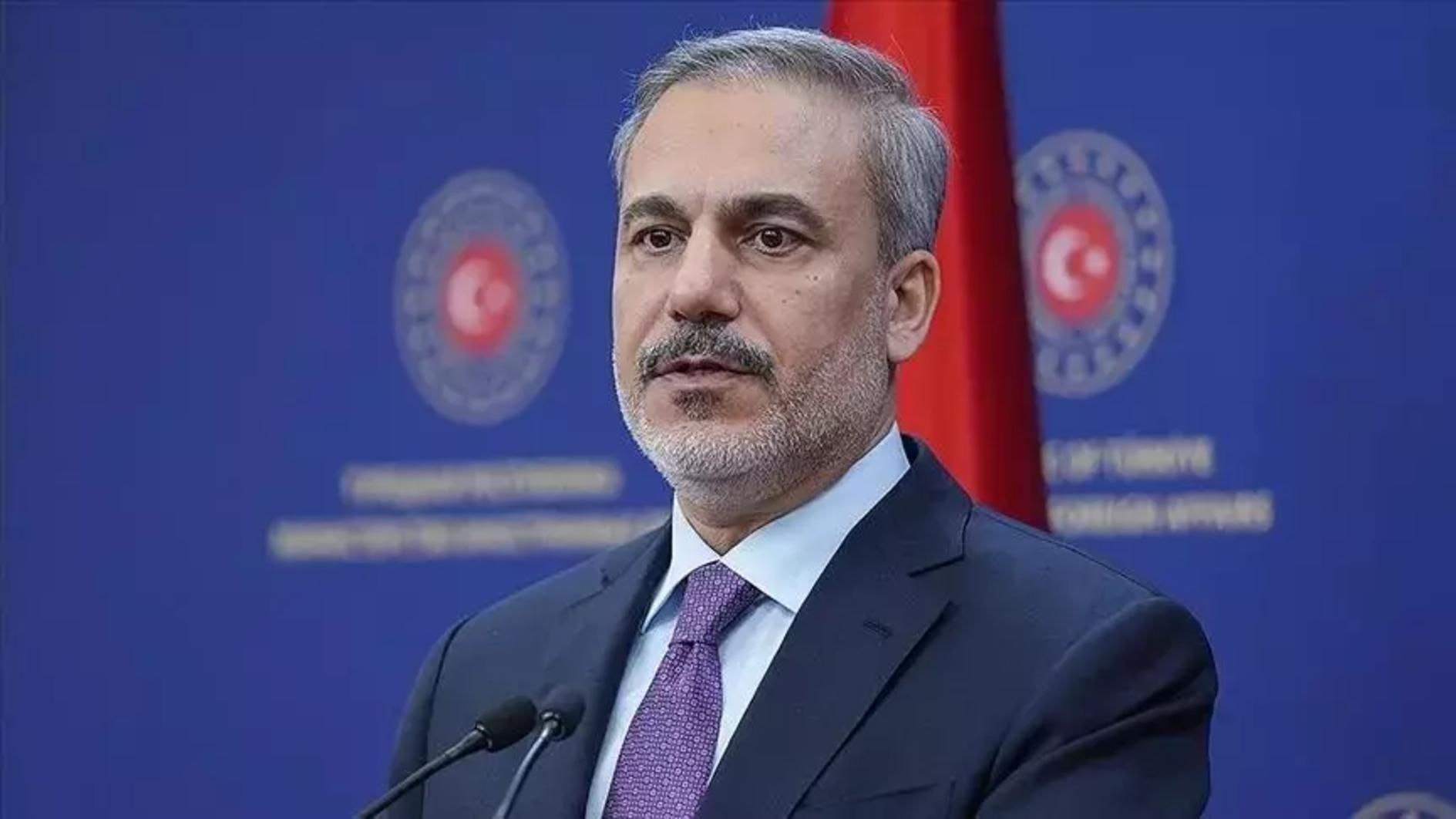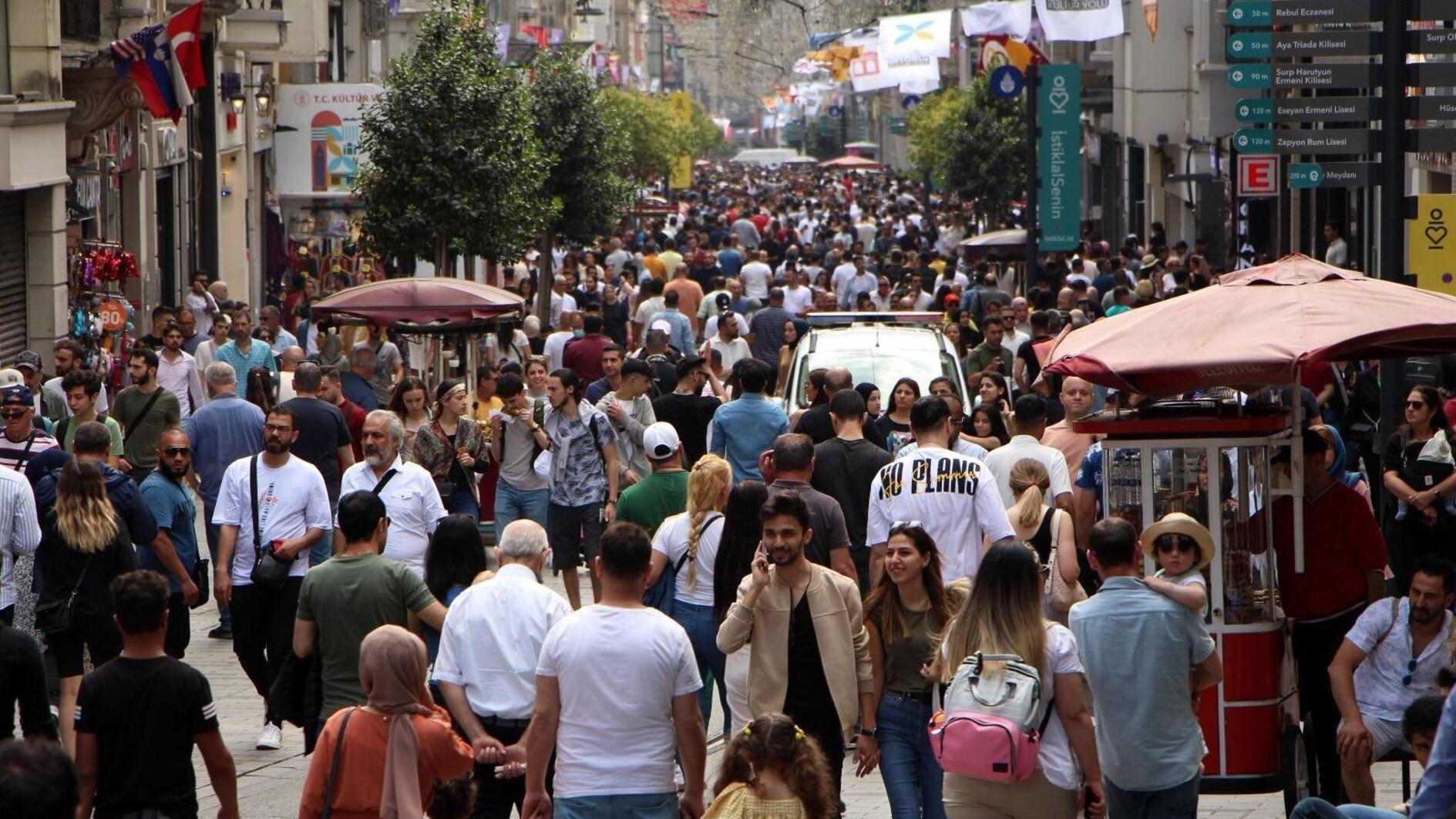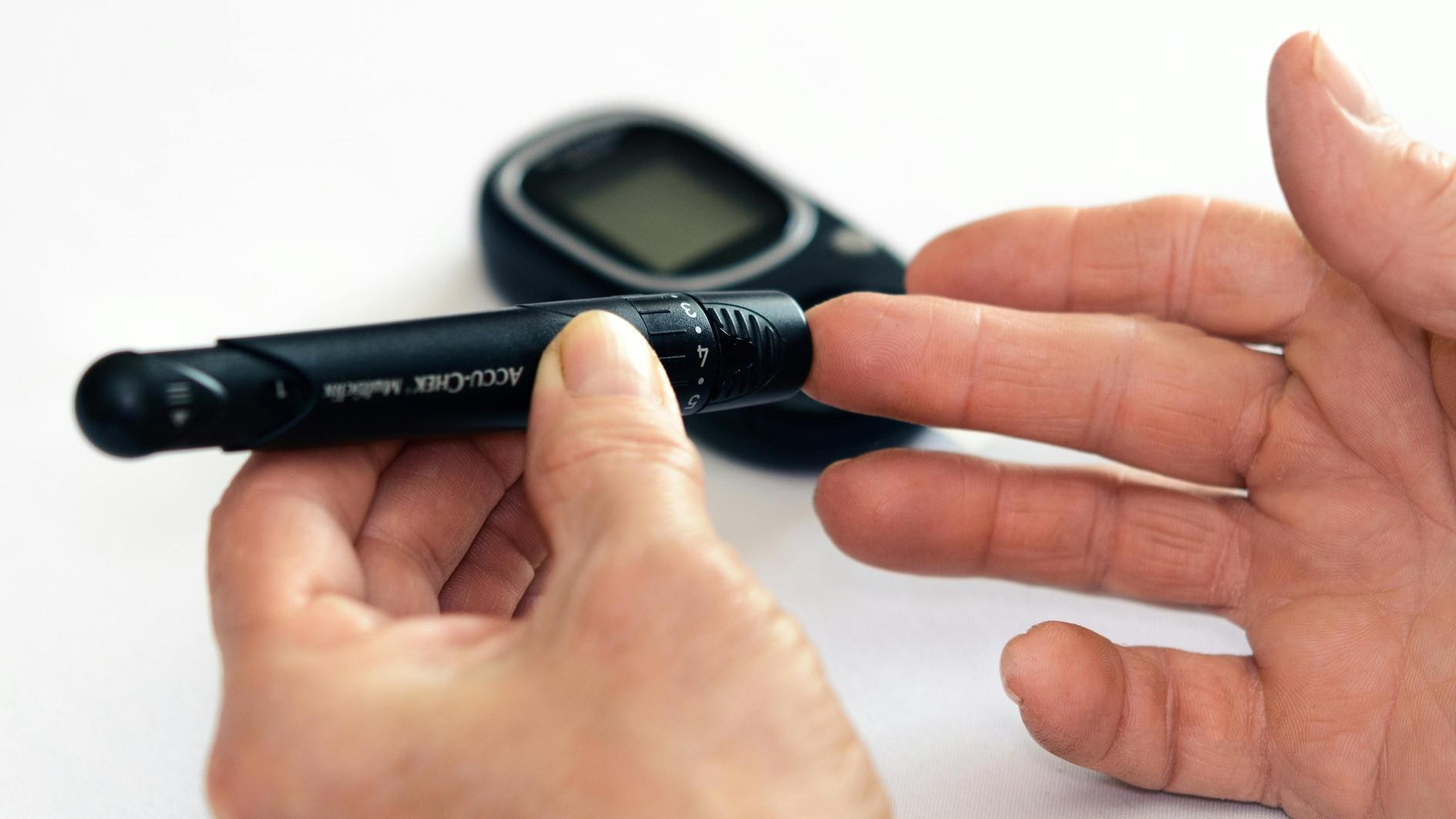Erdoğan asks: Why is Russia so interested in Syria?
 Turkish President Recep Tayyip Erdoğan has questioned Russia's motives in its airstrikes in Syria.
Turkish President Recep Tayyip Erdoğan has questioned Russia's motives in its airstrikes in Syria."We look after two million people. Russia does not. Why is Russia so interested in Syria? I want to understand this," Erdoğan said in a televised interview with Al-Jazeera aired late Oct. 2, referring to Syrian refugees in Turkey. "Russia has no border with Syria, but I have a 911-kilometer-long border. I am disturbed with what is happening now."
Russia on Sept. 30 launched its first military engagement outside the former Soviet Union since the occupation of Afghanistan in 1979, with warplanes bombing opponents of Syrian President Bashar al-Assad.
The U.S. and several of its allies, including Turkey and Saudi Arabia, issued a joint statement Oct. 1 expressing concern over the target of Russian airstrikes.
Although Moscow insisted that it hit Islamic State of Iraq and the Levant (ISIL) jihadists, Turkish Prime Minister Ahmet Davutoğlu accused Russia earlier Oct. 2 of targeting moderate Syrian rebels.
"We learned that 65 people died during the ongoing Russian operations. Where? Around Hama, Homs and Aleppo. It is too significant. Because Russia expressed [to] our embassy in a written statement that it will struggle against Daesh here," Erdoğan said late Oct. 2, referring to another acronym for ISIL. "But, it [Russia] did not make this against Daesh; literally it made this against moderate opposition, which has been resisting the regime. Civilians were killed. They ignore the killing of civilians."
Erdoğan also said he will talk with Russian President Vladimir Putin over the killings.
"Since we are two friendly countries, I will ask them to review their steps on this issue, because we have sorrow in the region and we bear the pain," he added.
Russian jets launched a fourth day of air raids in Syria Oct. 3, a monitor said, hitting ISIL's main stronghold after claims Moscow was instead targeting moderate rebel factions.
"Several Russian strikes hit [ISIL] positions west of Raqqa overnight and explosions were heard in the city," Rami Abdel Rahman, head of the Britain-based Syrian Observatory for Human Rights, told AFP.
Raqqa has acted as the extremist group’s de facto Syrian "capital" since 2013.
Strikes ordered by Russia -- a staunch ally of Syrian President Bashar al-Assad -- have hit several provinces since Sept. 30, including Aleppo in the north, Idlib in the northwest and Hama in central Syria.
















